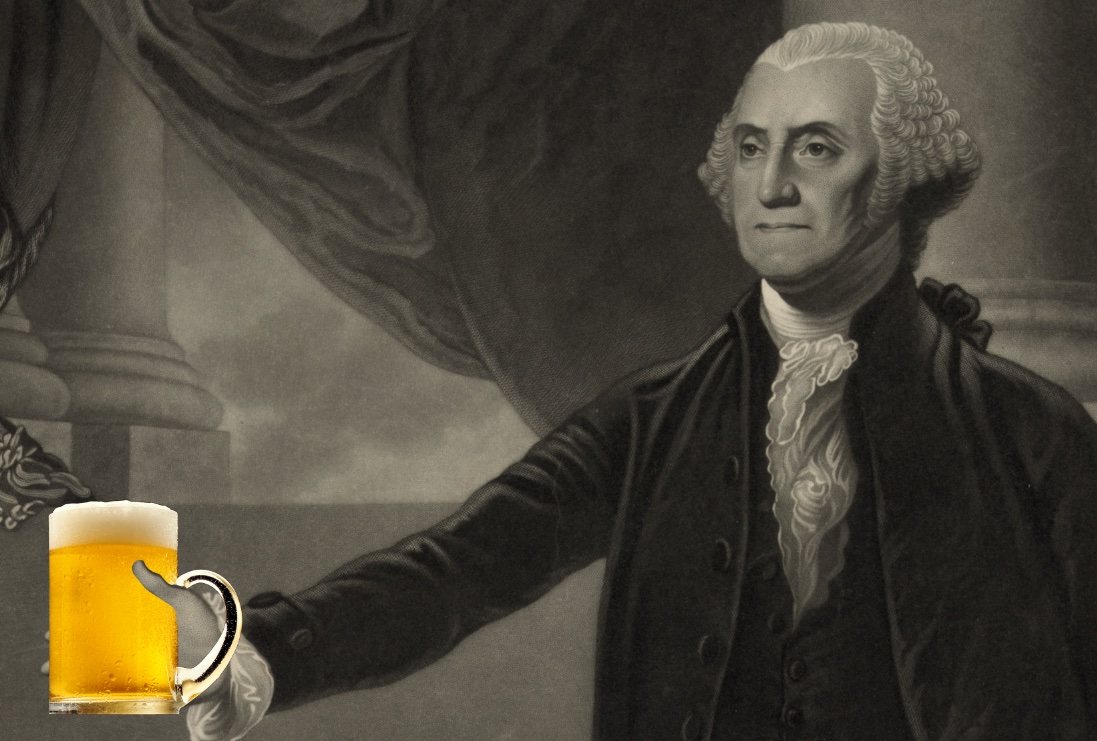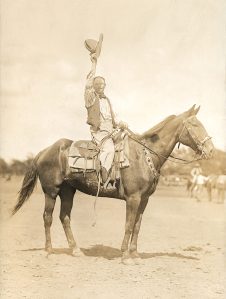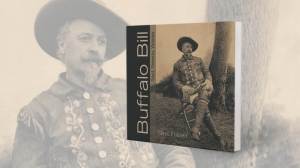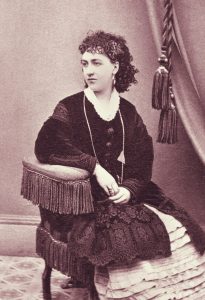We’ve all been there. A long week at work leads to blowing off some steam on a Friday night — which almost certainly leads to blowing some money.
When you awake the next day and look at your bank account you cringe at the damage you caused not only to your liver but also to your checking account.
But fear not, you’re simply following in the well-trodden footsteps of the father of this nation.
On Sept. 14, 1787, after enduring a suffocatingly hot summer at the Constitutional Convention in Philadelphia, George Washington and his fellow founding fathers had just put the finishing touches on the final draft of the U.S. Constitution. After a long war and what seemed like an even longer political process, a celebratory night out on the town was clearly in order.
Nothing like creating a country from scratch to make you want to imbibe.
“At City Tavern, the framers’ unofficial watering hole four blocks from Independence Hall,” wrote The Washington Post, “Washington was the guest of the Light Horse of Philadelphia, a volunteer cavalry corps that had crossed the Delaware with Washington and wintered at Valley Forge. The First Troop, as the unit came to be known, could fight. And, boy, could they drink.”
In 2018, the bar tab from that night’s revelry was re-discovered by Gordon Lloyd, a professor emeritus at Pepperdine University, while he was sifting through Independence Hall archival documents.
The City Tavern bill contained an impressively long itemized receipt of the following:
-54 bottles of Madeira wine
-60 bottles of claret
-22 bottles of porter
-12 bottles of beer
-8 bottles of cider and 7 large bowls of punch (presumably alcoholic)
Keeping in line with the fine tradition of the infantry, 55 soldiers managed to guzzle over 45 gallons of booze that Friday night. According to The Post, nine musicians and seven waiters ran up their own liquor bill — 21 additional bottles of wine — for which the soldiers also paid. In addition, there was the matter of compensating the tavern for a myriad of broken wine glasses, decanters and tumblers.
The tab, totaling to 89 pounds, 4 shillings and 2 pence, is roughly around $15,400 today, Lloyd calculated.
At a time when water wasn’t the safest source to wet one’s whistle, who could really blame them?
“Inheriting European habits,” writes author Rosemarie Ostler, “most early Americans avoided water, not only out of fear of pollution but also a conviction that drinking alcoholic beverages was more healthful.”
While he was no teetotaler, it is unclear whether Washington partook in that evening’s festivities.
However, sources can neither confirm nor deny that Washington still had a raging hangover three days later when he signed the country’s founding document.
The notion that Americans loved to imbibe was not lost on Washington. While other revolutionary leaders distilled liquor, George Washington was the only founding father to run a commercial distillery, according to Ostler.
In 1799, after one year in operation, Washington earned nearly $7,500 from whiskey sales, making his distillery one of Mount Vernon’s most profitable enterprises.
A profit Washington would certainly need if he continued to rack up such impressive tabs.
Salud!





